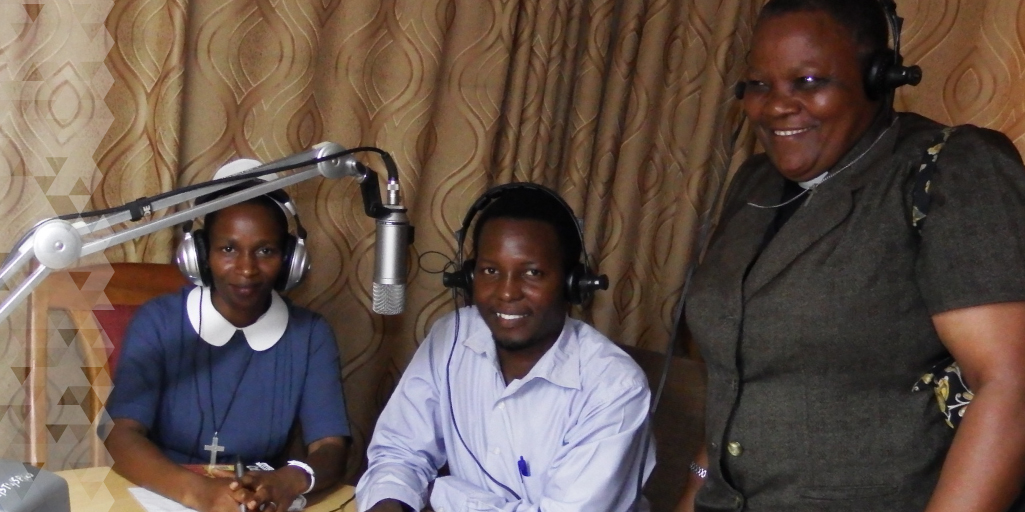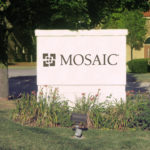Small Actions Can Have an Incredible Impact in the Fight for Inclusion

December 3rd marks the International Day of Persons with Disabilities, an international day of awareness to increase understanding of issues affecting persons with disabilities around the world.
In North America, events and activities from Disabled Persons’ Organizations (DPOs), disability service organizations and advocacy groups are common. But in Tanzania, awareness events are few and far between. Building a Caring Community (BCC) is working to change that.
Recently, BCC Coordinator Anna Makyao, Occupational Therapist Sister Woinde and Sustainability Coordinator Johnson Foya spent an hour on-air on local community radio show Kapu Letu to share BCC’s work. They discussed disability awareness and advocacy and fielded calls from local community members with questions about disability and the availability of disability services.
Radio host Christiana Tem had fantastic questions for the BCC team. In addition, a number of parents from the surrounding area called in to ask how they could enroll their children in these essential services. This engagement proved that these awareness activities have a direct impact on the lives of children with intellectual disabilities in Moshi.
Not only are advocacy and awareness activities important for introducing parents to vital information, they also normalize disability and work to eliminate the taboo associated with these discussions.
In Moshi, the stigma associated with disability, and intellectual disability in particular, remains significant. Communities lack an understanding of disability, and in many cases, may make associations between disability and sin or wrongdoing. As a result, many people with disabilities in Tanzania are isolated from their peers and denied education, employment and participation in their communities.
BCC has already made great strides in combatting these attitudes among the parents of children in the program.
The team regularly conducts workshops for parents that explain the biological basis of disability and teach them how they can best support their children.
However, there’s still much work to be done, and this stigma drives BCC’s work.
With greater awareness and understanding comes businesses being more willing to hire persons with disabilities, designers being more conscious of accessibility, policymakers consulting with people with disabilities on matters that concern them, and parents becoming more willing to send their children to schools to learn and interact with their peers.
The good news is, efforts to raise awareness of disability rights in Moshi are already paying off – the understanding of disability in the Kilimanjaro region, where Moshi is situated, is more widespread than it is in many other parts of Tanzania.
“Many people in Kilimanjaro know about disability, but in the Tanga region, understanding of disability is low and parents do not know how to access services,” Woinde said. “Here in the Kilimanjaro region, parents know what disability is and know that they can access services like BCC for their children.”
Fortunately, BCC is working to get the word out beyond Moshi. The recent radio discussion was broadcast across not only the Kilimanjaro region, but also the neighboring Arusha, Manyara, and Tanga regions, and even as far as Mombasa, Kenya.
There is no doubt that building an inclusive Tanzania will be a monumental task. Organizations like BCC will play a key role in facilitating this national shift towards inclusion.
Small actions to build awareness – like a radio broadcast – can have an incredible impact.


